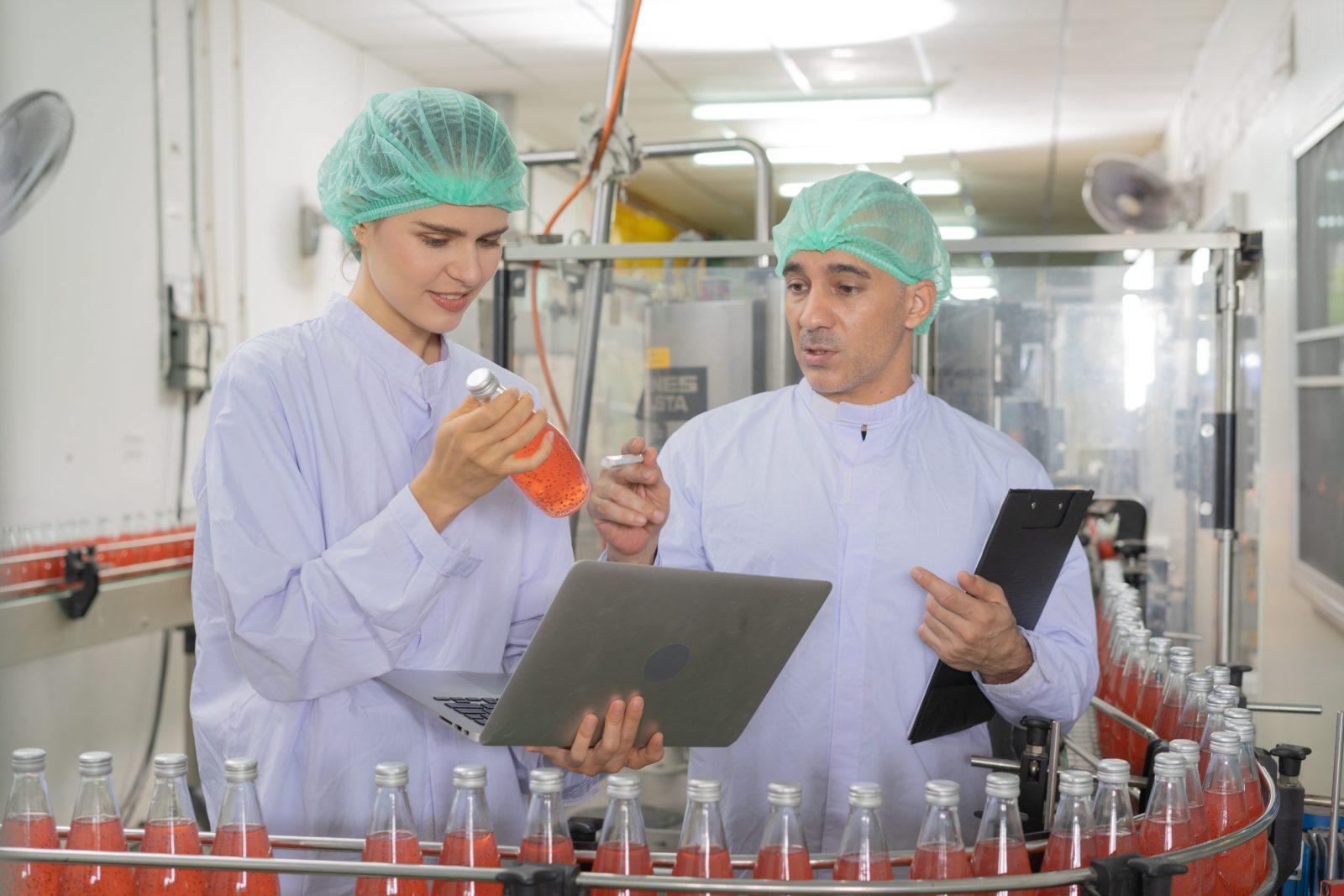Safeguarding the nation’s food supply requires that the food supply be regulated and monitored according to science-based principles. Ensuring food safety covers a broad range of processes, from on-farm production to processing, distribution, storage, selection, preparation, and consumption. Additionally, foodborne infections affect millions of Americans annually. Thousands of these infections result in death, as well. Many of these illnesses can be prevented. However, this is an avoidable problem that harms both people and the economy. All food producers, regardless of their size or product, are accountable for managing both the safety of their offerings and the welfare of those who purchase them. Because of this, ISO 22000 was created. Furthermore, the goal of this training course is to inform employees of the importance of food safety and its effects on businesses and the general public.
What You Will Learn:
- The key principles and benefits of ISO 22000 Food Safety Management Systems (FSMS)
- Knowledge of the clauses and requirements of ISO 22000:2018
- The steps and components for implementing an ISO 22000-compliant FSMS
- FDA’s role in food safety in the United States
- Food Safety Modernization Act (FSMA) key provisions
- The differences between ISO 22000 and FDA regulations
- Principles of hazard analysis
- Risk-based preventive controls
- Principles of food safety management in a real-world context
Details
Course length: 2 hours and 30 minutes
Languages: American English
Key features: Audio narration, learning activity, and post-assessment.
Get Certified
American Medical Compliance (AMC) is a leader in the industry for compliance, Billing and HR solutions. To become certified, please visit us at: American Medical Compliance (AMC).
Reach out for other courses by visiting the AMC Course Library.
FDA Food Safety Modernization Act (FSMA)
The FDA has a legal obligation under FSMA to impose thorough, scientifically based preventative controls on the whole food chain, including obligatory preventive controls for food facilities. The implementation of a written preventive controls strategy is necessary for food facilities. This entails:
- Assessing the risks that might compromise food safety.
- Describing the controls that used to considerably reduce or eliminate the risks.
- Detailing the monitoring procedures the facility will use to make sure these measures are effective.
- Keeping regular records of the monitoring.
- Indicating the steps the facility will take to solve any issues that occur.
Additionally, the FDA is expressly empowered to modify or completely exempt facilities that are only involved in the manufacture of animal foods from the preventative control requirements.
Preventative Controls
In addition, facilities have the freedom to customize preventative controls to address risks that arise in the goods they produce. To ensure that any hazards requiring preventive control will be greatly mitigated or averted and to help ensure that the food is not tainted, preventive controls that must be documented must be put into action.
U.S. Food Safety Regulation Compliance
Moreover, some of the applicable FDA regulations related to ISO 22000 include FDA FSMA, Hazard Analysis & Critical Control Points (HACCP), Retail Food Protection, and Food Protection Plan 2007. Each of these regulations play an important role in the maintaining the safety of what we are consuming.
At the state and local levels, surveillance is the responsibility of state and local health departments. Also the extent to which these tasks are carried out varies greatly by jurisdiction. Agriculture and health departments are independent in states and territories.



